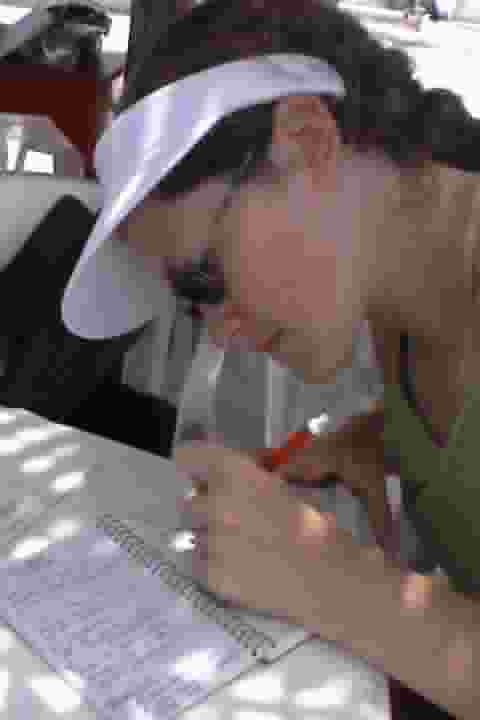
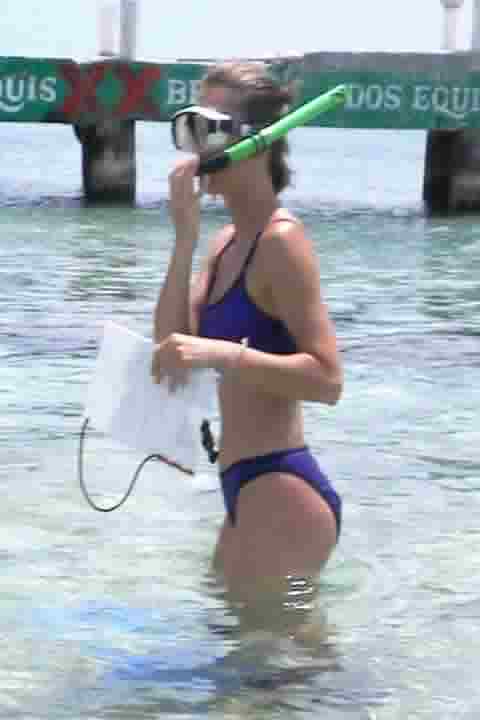
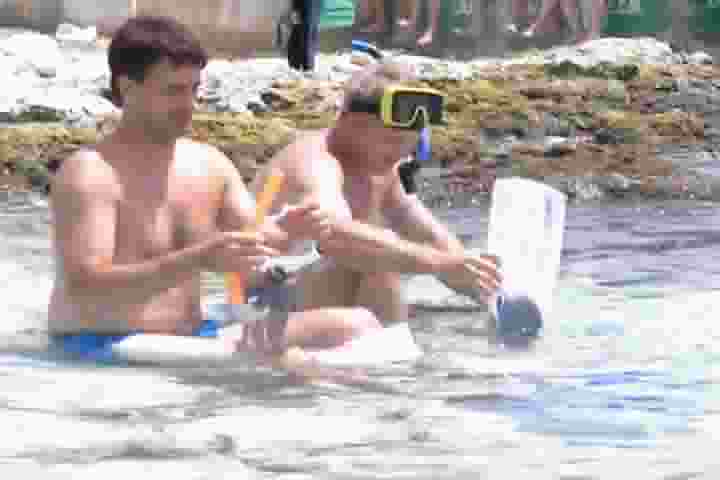
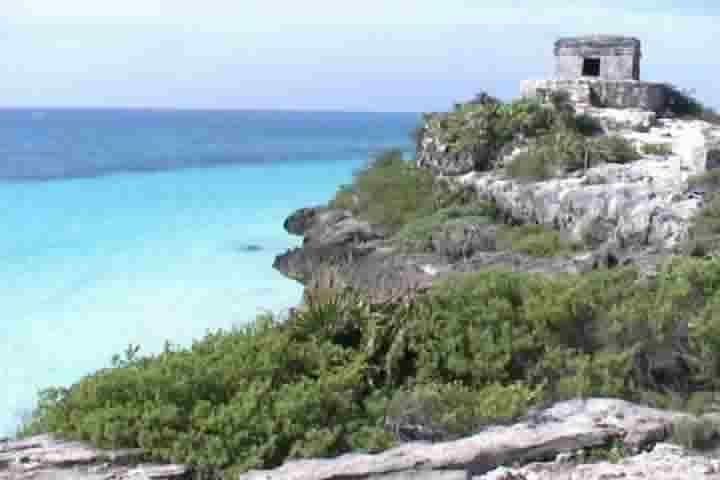
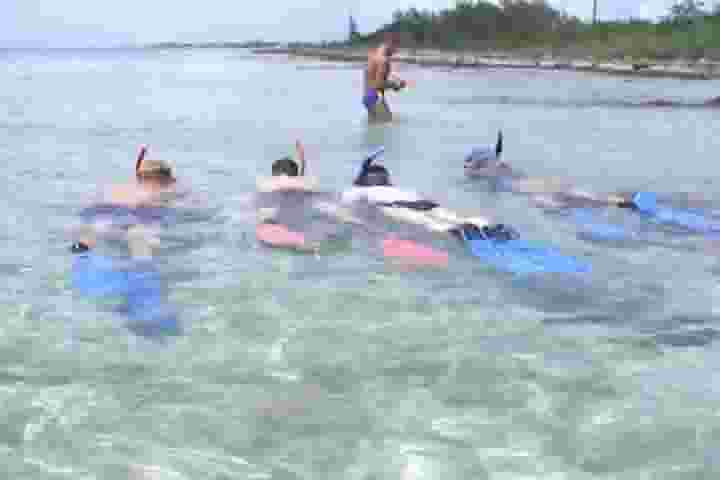
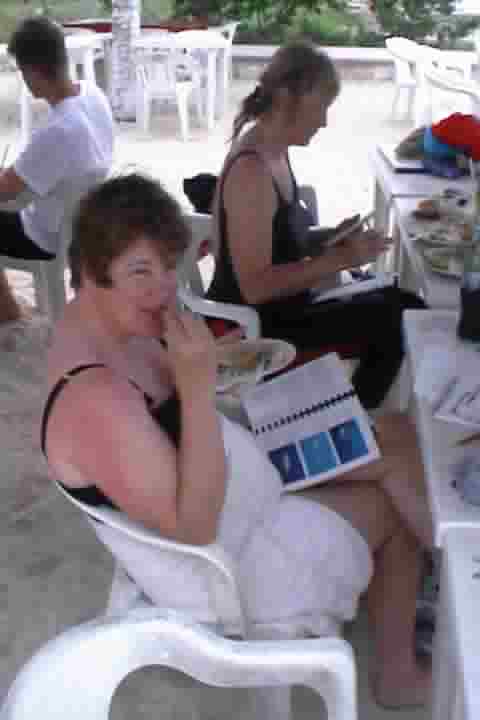
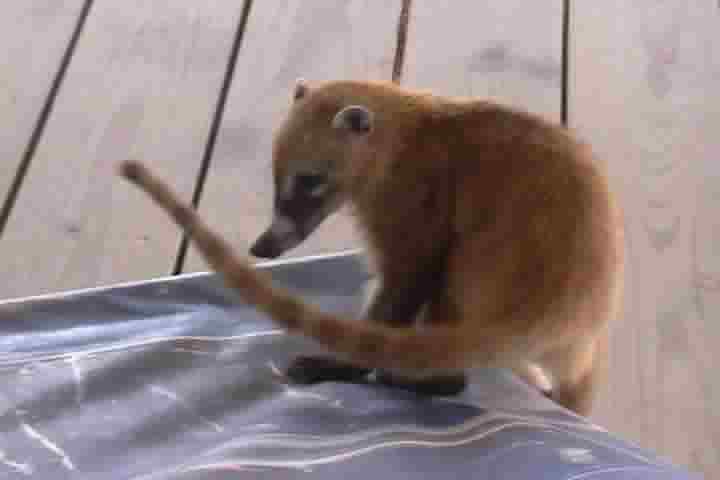
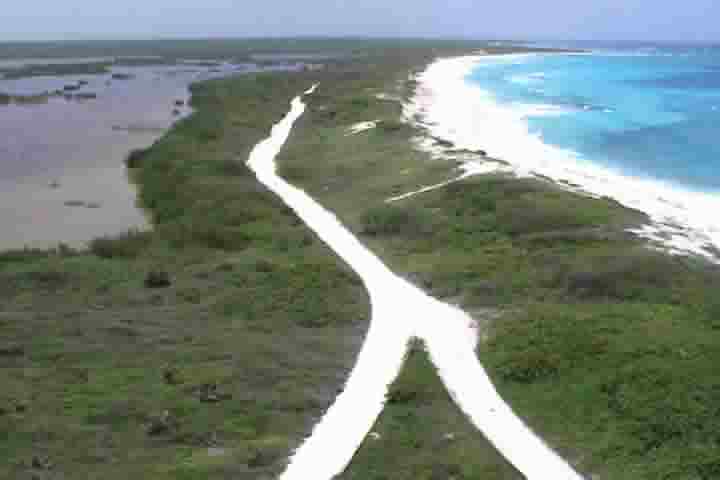
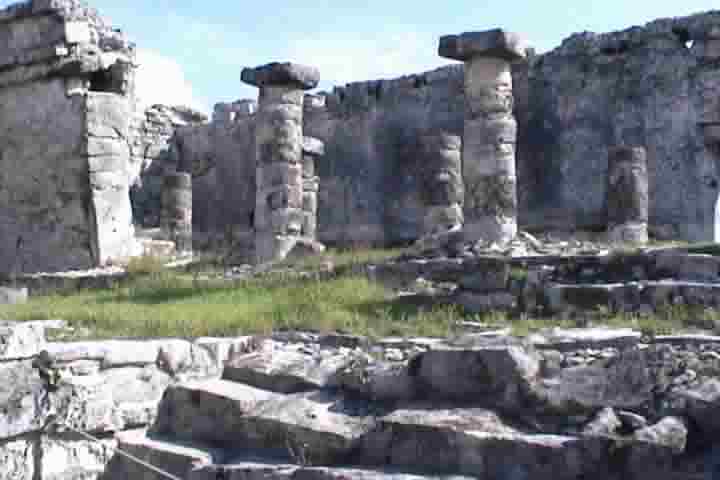
"Coasts of Change: An Inquiry-based Exploration of Environmental Change in the Mayan Coast, Mexico"
Saturday, June 29-Saturday, July 6, 2002.
Participant Fee: A comprehensive fee of $550.
The Environmental Learning Institute provides course transport from the Cancun rendezvous to the Sian Ka'an Biosphere Reserve, Mexico, on-course travel, food, cooking equipment, lodging, protected area fees, course reader and all scientific and research equipment.
†This fee does not include airfare from the participantís home to and from Cancun, personal clothing, personal equipment expenses, personal expenses or optional travel.
Rendezvous: 2 PM, Saturday, June 29, Cancun Airport - or - 4:30 PM, Saturday, June 29, Playa del Carmen Ferry Terminal (you can fly to Cancun - OR - Cozumel and take the ferry to Playa del Carmen). Check for the lowest fares to either rendezvous point.
Dropoff: 9 AM, Saturday, July 6, Cancun Airport. (Alternative 7 AM dropoff at Playa Del Carmen)
Credits: 4 graduate-level credits for recertification purposes available through Colorado School of Mines (additional $130 fee); graduate level credit for Master's degree students available through Rider University (additional fee required).
1. Facilitator Contact Information:
David Wojnowski, M.Ed., (aka "Sal") 919-715-5433, david.wojnowski@ncmail.net
NCDENR/Division
Of Water Resources
1611 Mail Service Center
Raleigh, NC 27604
Kim Walsh, M.Ed., 919-832-2755, kwalsh@wcpss.net
Broughton High School
723 St. Mary's St
Raleigh, NC 27605
David Scott Silverberg, Ph.D., (aka "Daveed") 520 731-3374,silverberg@alum.mit.edu
Environmental Learning Institute
5710 South Freeman Road #4
Tucson, AZ 85747

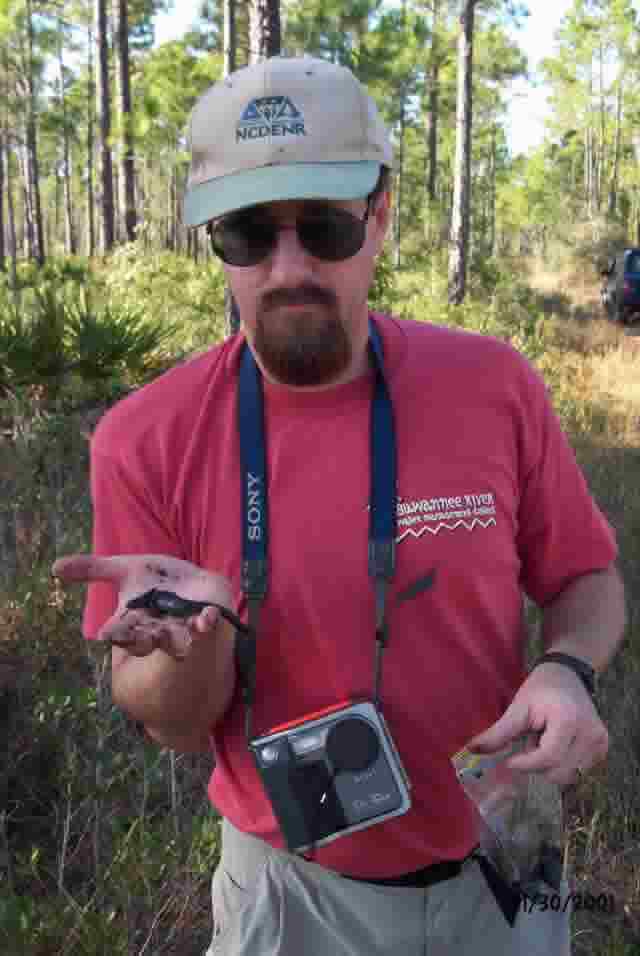
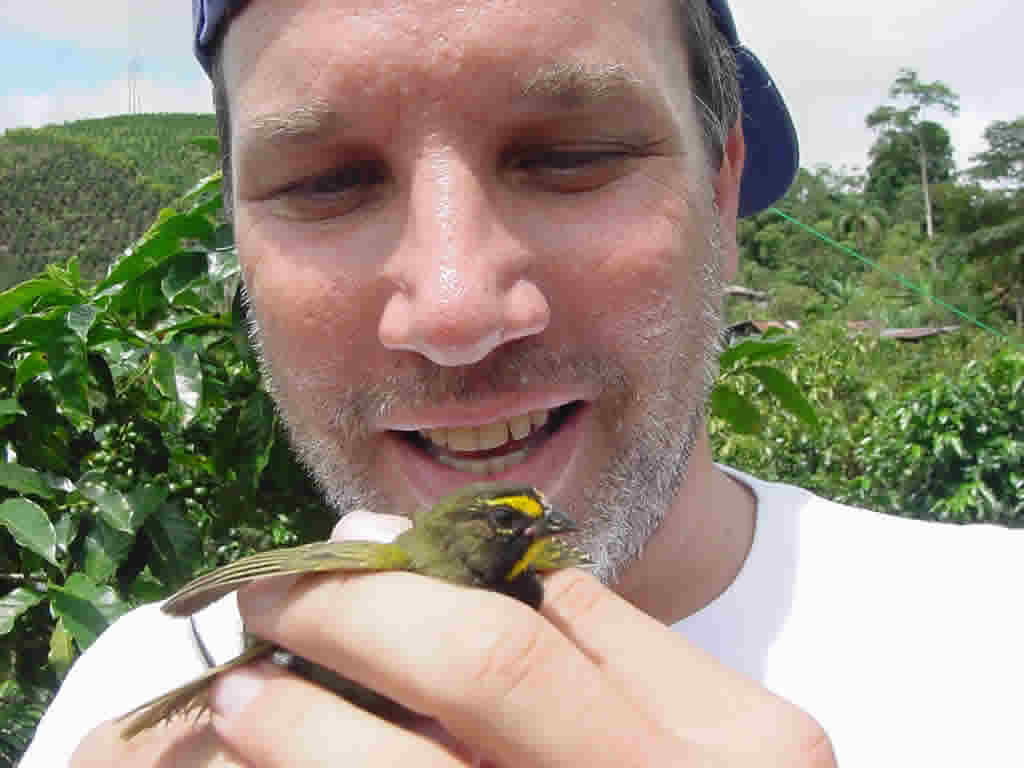
David Silverberg (aka Daveed)
|
2. Brief Description: Teachers will:
4. Levels of teacher-participants: Participants may be pre-service or in-service teachers of secondary level life science, integrated science, biology, geology or environmental science. 5. Structure of workshop: 6. Content Knowledge Topics: Natural Ecosystems and Ecological Concepts This course provides an overview of the Mayan Coast, Quintana Roo, Mexico natural tropical coastal ecosystems: what they are; how they work; and how they evolve and adapt to change. Ecosystem structure and function, as well as ecosystem development and dynamic equilibrium are integrated into a central theme of sustainability from a local and global perspective. Particular emphasis will be given to the ecology of Quintana Roo's Caribbean Coast , the Sian Ka'an Biosphere Reserve. Biosphere, lithosphere, atmosphere interactions and exchanges within the coastal zone and tropical biomes are introduced as related to issues of local and global environmental change. The philosophy, pedagogy and learning activities of the course employ a standards- and inquiry-based approach. Lectures include: Environmental History of Mexico Experimental Design and Data Interpretation Watersheds and Coastal Environmental Change Causes and Consequences of Biodiversity Geologic and Physical Geographic Development of the Yucatan Peninsula Corridors and Global Climate Change Mexico and Global Environmental Change Habitat Fragmentation and Degradation How Coral Reefs Work Mexico's Protected Areas and Communities 7. Curriculum materials: 8. Field Equipment: Our field lab includes several notebook computers, TI-89 graphing calculators, a full set of Vernier calculator and computer-based laboratory probes and standard geological and biological survey equipment. A digital projector, external portable CD-RW, portable printer, dreamweaver and fireworks web design software, compasses, underwater writing tablets, barometers, digital cameras, mini-DV camcorders, 35 mm SLR, microscopes, GPS units. 9. Food and Lodging: We will be cooking in our lodge and occassionally eating out in simple local restaurants. Participants will be asked to help the camp manager with cooking and cleaning chores in rotation. We will be lodging in simple lodges and sleeping in beds in shared rooms. 10. Physical Fitness Requirements: The Maya Coast TORCH course involves hiking, dayhiking with a 20 pound daypack, hiking on trails and off-trails, traveling in a van for several hours on sometimes curvy coastal roads, †traveling in a motorboat on a choppy water surface, snorkeling for several hours a day.† Participants will sleep in shared rooms in a simple lodge.
|